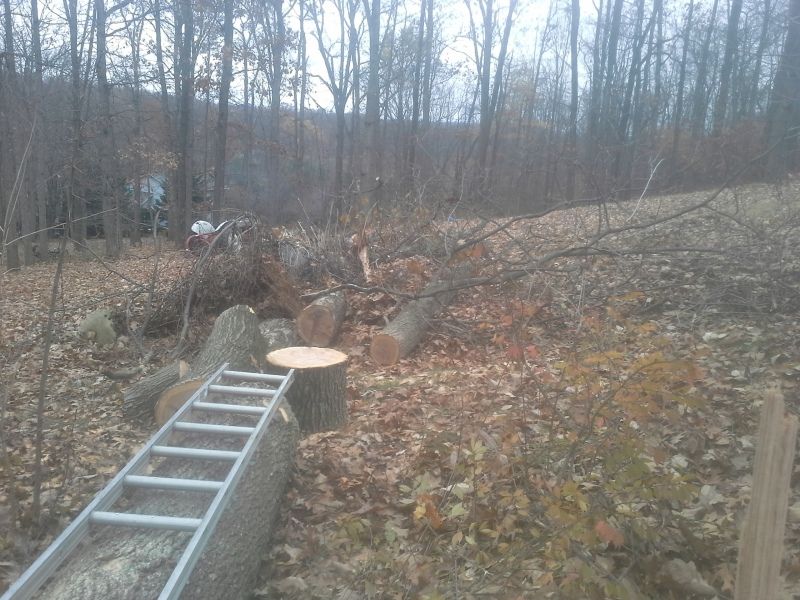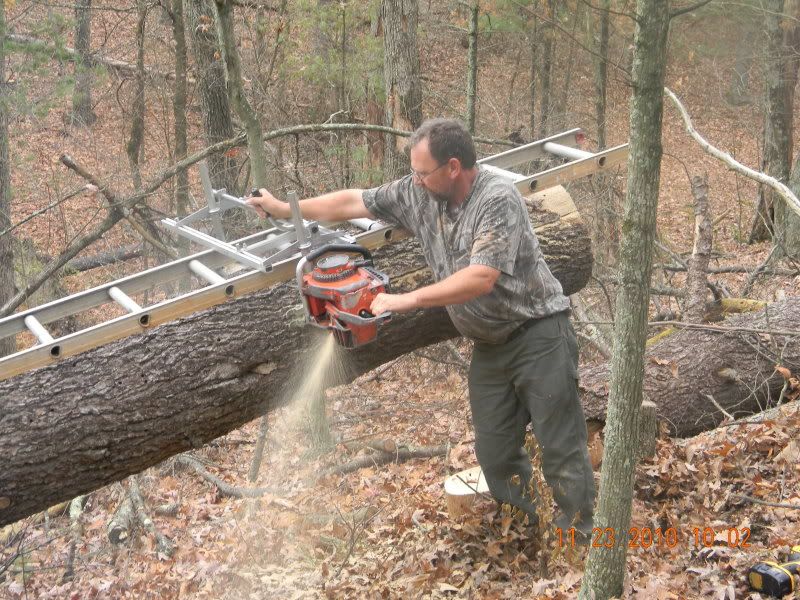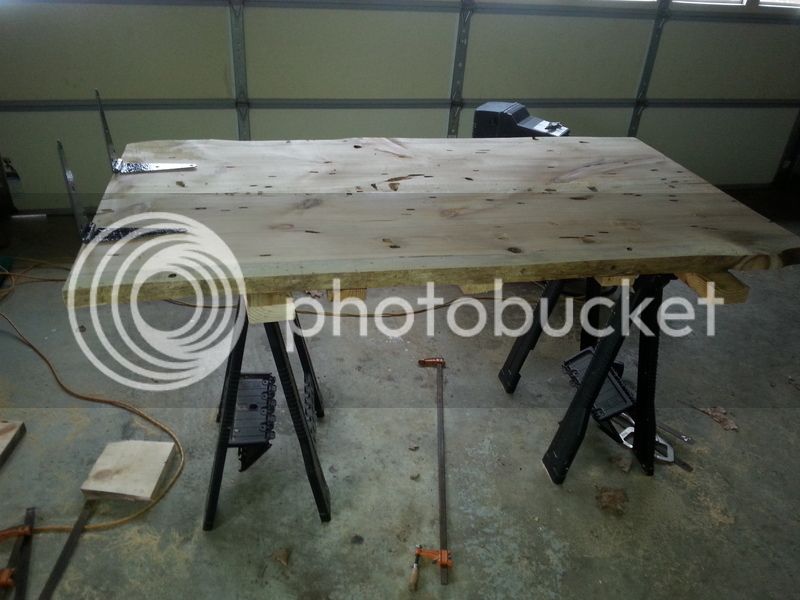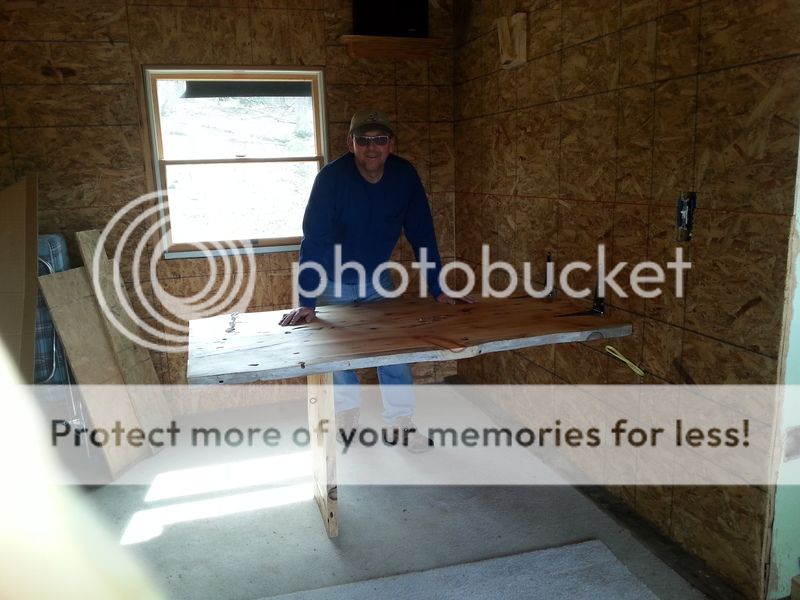BigOakAdot
ArboristSite newb
Hey all,
So I have a lot of milling to accomplish and not a ton of time to do so. I'm trying to get my stash done in the most efficient way I can.
I've been using 2x10's to set up for my first cut in the past, but I find it too time consuming. I know a lot of you guys use aluminum ladders to accomplish this much faster.
All I find on CL is extension ladders and A frame ladders. Does anyone have a brand or link to a ladder I can use that's relatively inexpensive? I'm trying to avoid the track system that costs about 200.
Thanks!
BOA
So I have a lot of milling to accomplish and not a ton of time to do so. I'm trying to get my stash done in the most efficient way I can.
I've been using 2x10's to set up for my first cut in the past, but I find it too time consuming. I know a lot of you guys use aluminum ladders to accomplish this much faster.
All I find on CL is extension ladders and A frame ladders. Does anyone have a brand or link to a ladder I can use that's relatively inexpensive? I'm trying to avoid the track system that costs about 200.
Thanks!
BOA















